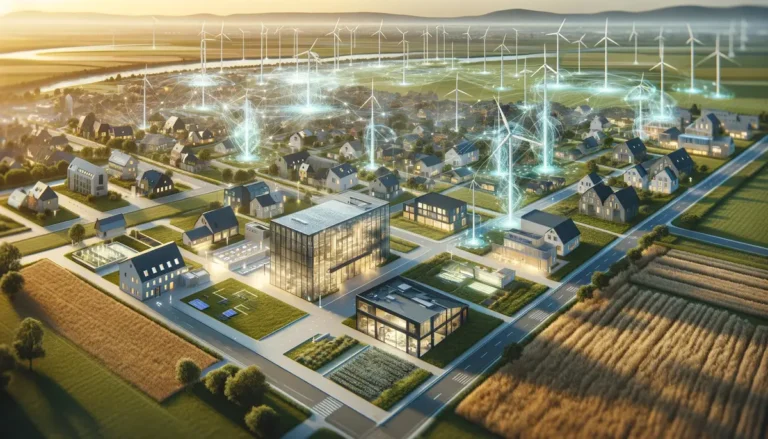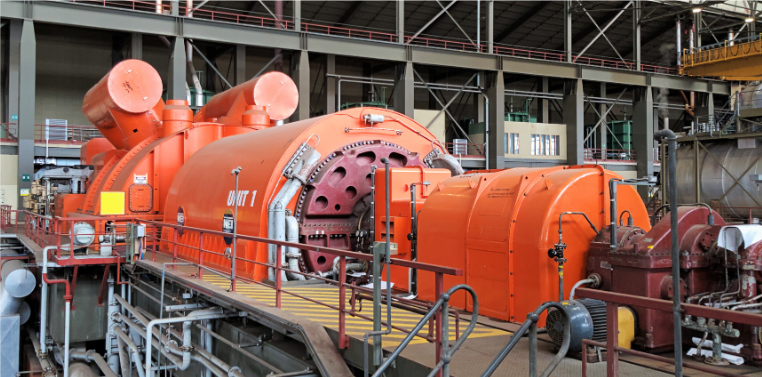Energy Training – Is it part of your onboarding process?

Over the last 20 years I’ve hired people into all sorts of Energy roles.
If I was lucky, I’d find people with both the professional skills (software engineers, analysts, PMs, sales, marketing etc.) AND energy experience. I had the privilege to work with some extraordinarily talented people, both with and without prior energy experience.
But let’s be honest, finding skilled people WITH energy experience is tough and it will get harder – there is huge demand in the industry and it’s growing.
So increasingly the decision is to find professional people with great attitudes and give them the training to bring them up to speed in energy. That’s the right option in my opinion but energy training is an often-overlooked part of the onboarding process.
Sink or swim
A common approach is to say to a new hire,
– “Welcome aboard! Here, read a Dummies Guide…” or
– “You can find the PowerPoint slides someone put together a couple of years ago over here…”.
Some of this material might be great but the energy industry is complex, nuanced, changing and not always logical. It needs explanation and context. Besides, what does the sink or swim approach say to your new hire about how much they are valued?
Don’t get me wrong, I’m a big fan of being thrown in at the deep end. Getting out of our comfort zones can be deeply beneficial, but our new recruits need to be up and running quickly. Waiting for people to figure out how the industry works so they can be effective could take a very long time. And in that time: opportunities are missed, serious errors can be made and, possibly worse – good people will leave or become demotivated.
What I found
Nearly twenty years ago I was hired by one of the world’s largest oil and gas companies to build an Energy Trading and Risk Management (ETRM) system. As an experienced software engineer but with no prior energy experience, I was keen to take on the challenge, “How hard can it be…?”. Well, we live and learn…!
Energy is complex, it’s multifaceted and full of jargon. For example, if you’re a software engineer or data scientist, you need to know that managing time-series is the way to think about energy. If you’re selling systems you need to know what problems your customers are trying to solve, why markets are set up the way they are, or why today’s grid scale batteries are being deployed to manage frequency. Why do we even use alternating current in the first place…?
The possible angles are endless, from supply and demand to trading and risk management. But once you have a good understanding it’s a fascinating and exiting industry. Particularly today with rapid innovation and huge investment, the opportunities are enormous.
I was fortunate to have patient colleagues, many of whom were good enough to explain how things worked, but it was a steep learning curve and the available reference material was not great.
Getting up to speed
Understanding the energy industry can take months or years and it’s a constant learning process. But what most people (and their employers) want is to get up to speed on the basics very quickly – to see the bigger picture so that they have the context for sales or technical conversations with colleagues or customers. Then they can drop into the details later as necessary.
As I built and developed successful teams over the years it became clear that coaching and training were key. Giving those from non-energy backgrounds the building blocks and context to understand our team and company objectives was a critical first step – getting this wrong means motivation can be dampened by a “less than inspiring” training session.
Another approach
An engaging, pragmatic approach motivates people. Energy is a complex subject, but not impossible to master. The systems hang together in certain ways for good reason, perhaps technical, perhaps historical. Seeing the big picture and building quickly from first principles can be enormously helpful.
Often, as part of an onboarding process, integrated training makes even more sense – it takes the guesswork out of training and lowers stress for all involved, hiring managers, HR and of course your new hire. This could be a programme that builds over weeks, or just the high level basic energy context in a few hours.
Keep people interested (even excited!) so that they can enjoy the journey and bring their unique professional and personal skills to teams, businesses, clients, and the industry – sooner rather than later. That’s a better deal all-round.
What’s your experience of training and onboarding processes in energy? Leave a comment below.
Interested in energy industry training for your team and new hires?
Why not reach out for a chat: www.energywise-training.com/contact or
Tim Rogers, Founder, Energy Wise Training



